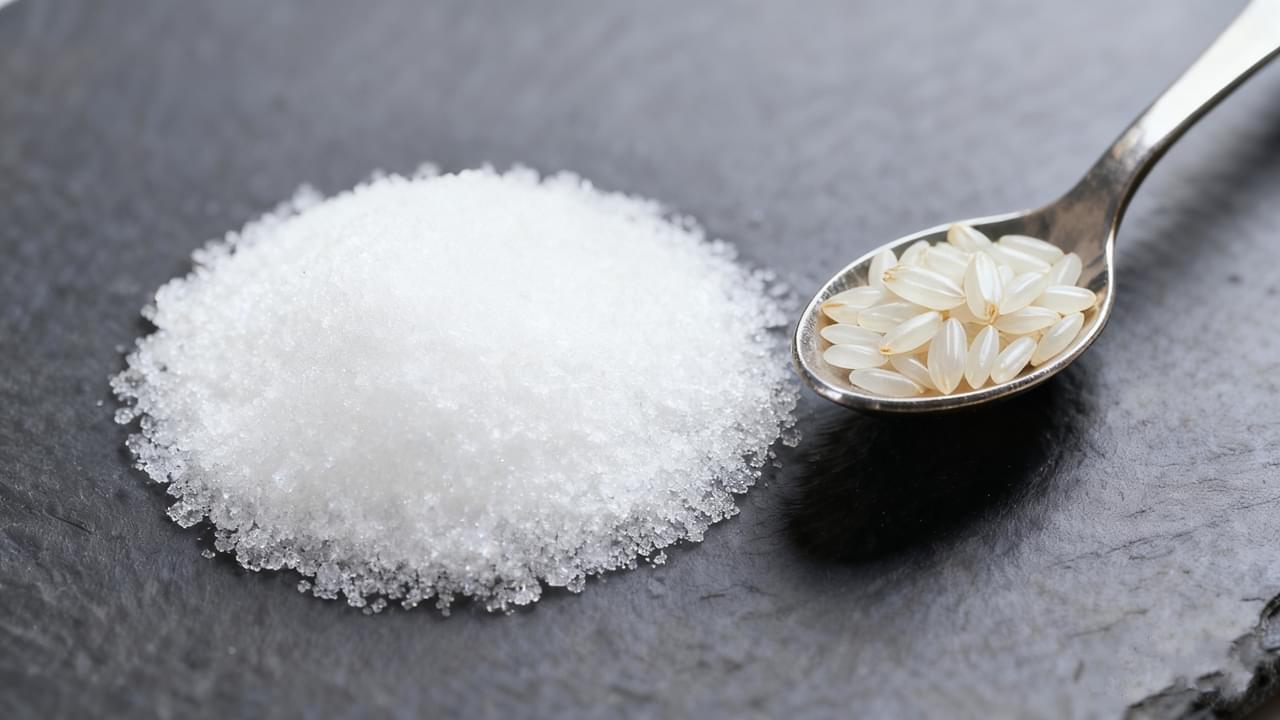The plant-based food market is booming, with an increasing number of consumers seeking healthier, more sustainable alternatives to traditional animal products. Among the many ingredients driving this shift, rice protein stands out as a versatile, hypoallergenic, and eco-friendly option. In this article, we’ll explore the numerous benefits of rice protein and why it’s quickly becoming a favorite for plant-based food manufacturers.
Table of Contents
ToggleWhy Rice Protein is the Future of Plant-Based Foods
As consumers become more health-conscious and environmentally aware, the demand for plant-based proteins continues to soar. Rice protein, derived from brown rice, has emerged as one of the most sought-after alternatives. It is not only rich in essential amino acids but also free from common allergens, making it a safe and sustainable choice for manufacturers.
Rice protein is ideal for a wide range of food products, from meat alternatives to dairy-free beverages. Its neutral flavor and smooth texture make it a perfect match for a variety of formulations. But what makes rice protein truly stand out in the crowded plant-based market?
1. Rice Protein is Allergen-Free and Digestible
For consumers with dietary restrictions or allergies, finding the right protein source can be challenging. Unlike soy or wheat, rice protein is hypoallergenic, making it a suitable choice for individuals who are allergic to common plant proteins. Its gentle digestibility ensures that even those with sensitive stomachs can benefit from its rich amino acid profile.
2. A Sustainable Choice for Eco-Conscious Manufacturers
In today’s environmentally conscious world, sustainability is a key concern for both consumers and manufacturers. Rice protein provides an excellent solution, as rice farming generally requires fewer resources like water and land compared to animal farming. By choosing rice protein, manufacturers not only offer a high-quality product but also contribute to reducing their ecological footprint. Plant-based protein sourcing is now more important than ever, and rice protein fits seamlessly into eco-friendly manufacturing practices.
3. Versatility Across Various Plant-Based Products
Rice protein’s versatility is one of its most significant advantages. Whether you’re developing plant-based meats, dairy-free milk, or protein bars, rice protein can be used in a wide array of products. Its neutral taste means it blends well with other ingredients, allowing manufacturers to create flavorful, nutritious, and balanced products without compromising taste.
4. Enhancing Nutritional Value in Plant-Based Foods
Rice protein is a complete protein, containing all nine essential amino acids. For plant-based food developers, this makes it an invaluable ingredient for boosting the nutritional content of their products. Whether you’re creating vegan protein powders or energy snacks, rice protein enhances the protein profile, helping consumers meet their daily protein requirements.
5. Meeting the Growing Demand for Clean Labels
Clean label products are becoming a major trend in the food industry, with consumers seeking transparency about what goes into their food. Rice protein helps manufacturers meet this demand by providing a clean, simple ingredient list. Its natural composition, free from artificial additives and preservatives, ensures that products are both healthy and transparent—key attributes for today’s conscious consumers.
How Rice Protein is Revolutionizing Plant-Based Food Manufacturing
Rice protein is at the heart of the plant-based food revolution. Its ability to cater to consumers’ growing desire for clean, allergen-free, and sustainable food options makes it a vital ingredient for manufacturers. Whether used in plant-based meats, dairy alternatives, or nutritional bars, rice protein offers a unique combination of benefits that align perfectly with current consumer trends.
Manufacturers looking to stay ahead in the competitive plant-based food market should consider incorporating rice protein into their formulations. It’s a powerful, natural ingredient that meets the needs of both the environmentally-conscious and health-focused consumer.
Partnering with Experienced Manufacturers
If you’re a food manufacturer looking to incorporate rice protein into your products, it’s crucial to partner with trusted suppliers. Companies like Deli Foods specialize in high-quality rice protein and offer OEM and ODM services to help you develop customized products that meet your specific brand requirements. With over 20 years of experience, Deli Foods is a reliable partner in navigating the complexities of plant-based food production.
The Power of Rice Protein in Plant-Based Foods
The rise of plant-based foods is not just a passing trend but a movement toward healthier, more sustainable eating. Rice protein plays a crucial role in this transformation, offering a wide range of benefits for manufacturers. Its allergen-free nature, sustainability, versatility, and nutritional profile make it the perfect choice for creating innovative plant-based products.
For manufacturers, embracing rice protein opens the door to endless possibilities. Whether you’re looking to develop new plant-based meat alternatives or protein-packed snacks, rice protein is a key ingredient in meeting the growing consumer demand for plant-based options. Unlock the power of rice protein today and take your plant-based food manufacturing to the next level.



